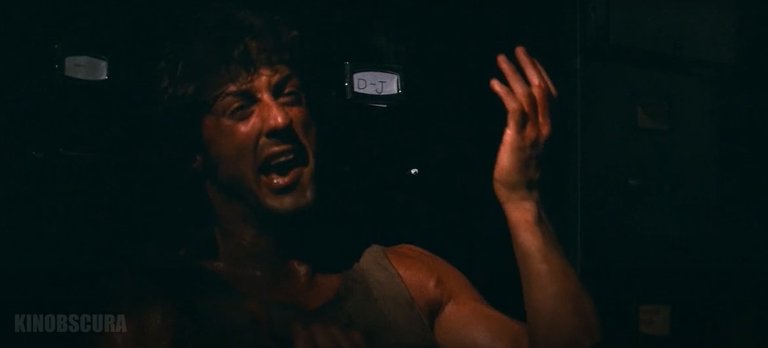STRAW - OF CATHARSIS AND THE CRITIQUE OF MODERN AUDIENCE

SYNOPSIS (IMDB)
A single mother navigates a series of unfortunate events, leading her down an unforeseen path where she becomes embroiled in a situation she never envisioned, finding herself at the center of suspicion in an indifferent world.
REVIEW (spoiler alert)
They say it is always the first shot in a film that will eventually tell if it is a good movie or not. And in this film, it contributes to a great payoff near the ending, similar to what we have seen in classics like The Sixth Sense (1999).
The scene where the main character, Janiyah Wiltkinson (played brilliantly by Taraji P. Henson, which also famous for his the mother in the 2008's Curious Case of Benjamin Button) got trapped in the bank, not only speaks of the physical entrapment but also the emotional one.
While I was watching, I could not stop trying to relate the narrative to something I am very familiar with. And near the end, it struck me. It is similar to the emotional struggle of one Vietnam War veteran who came back home into local hostility. Yes. John Rambo in the 1982's First Blood.
The title, straw, aptly speaks of the breaking of Janiyah's own 'straw' in dealing with non-stop struggle being a single mother with a special child. Similar to John Rambo, when he tries to accomplish simple things (i.e., getting a meal, and in Janiyah's case, getting her pay cheque) was met with hostility from the town sheriff, until also, his 'straw' breaks.
Also, both Janiyah and John Rambo became the 'straw' into the classic argument of the 'Strawman's Fallacy', which has distorted or mistaken who they really are, to be easily victimized. In John Rambo's case, he's been labelled as a homeless wanderer and a troublemaker, which he has also made his team believe. In Janiyah's case, she is labelled as a violent bank robber who is in possession of a bomb by the media.
What further made the parallel between Straw and First Blood undeniable is how both of them end. In First Blood, John Rambo was held in his final stronghold, 'The Alamo', and was made to gracefully admit defeat by his superior, Colonel Trautman, whom he trusted. A moment of redemption and closure towards a father figure. Similar to Janiyah, when she was made to surrender by the bank branch manager and Detective Raymond, who are both mothers with similar struggles, they empathized, which led to her final release of catharsis.
Which takes us to the two versions of endings in Straw. One ending shows the demise of Janiyah, another one shows she safely surrenders and survives. So, which one is the real one?

The same with the ending of First Blood. The original theatrical ending that we all know is of John Rambo was talked down by Colonel Trautman, and he peacefully surrendered. The other darker version is of Rambo committing suicide by shooting himself.
The latter ending was ditched because of the dark tone of the ending of Rambo's character arc. But also I think it's because they wanted to see the opportunity of having sequels. (Personally, looking at how the sequels were written and made, it would've been better for Rambo's character to die in First Blood).
The reason I think the director, Tyler Perry, showed both endings is none other than his critique towards the modern audience, where they constantly get harder and harder to please. (or perhaps as simple as the film financiers are divided 50-50 on which ending they should settle with.)
Regardless, the theme of the loss of a struggling single mother extends beyond geographical borders and language and shall be timeless.
buen post!
great post!
thank you!